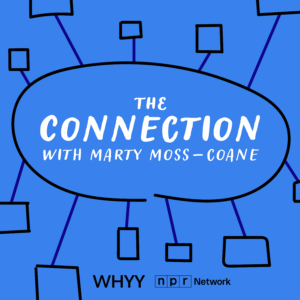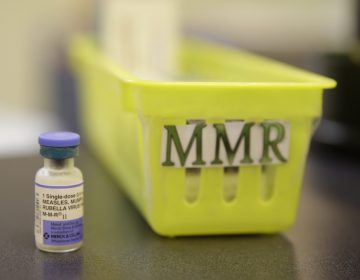Redefining normal: autism, stigma and culture
Anthropologist Roy Richard Grinker on the progress in understanding autism, the ongoing efforts to overcome mental health stigma, and the need to dispel persistent myths.
Listen 50:00
(photo credit, Sydney Rae)
Anthropologist Roy Richard Grinker comes from a long line of psychiatrists—his father, grandfather, and great-grandfather—all of whom believed that everyone has some degree of mental illness.
Grinker’s book, Nobody’s Normal, explores the shifting history of stigma and acceptance toward people who are perceived as different. He writes about his daughter, who was diagnosed with autism in the 1990s, a time when the condition was still considered rare.
In a recent piece for The New York Times, Grinker criticized Health and Human Services Secretary Kennedy and President Trump for describing autism as a tragic epidemic and a “horrible crisis.”
This week on The Connection, Roy Richard Grinker joins us to discuss the progress made in understanding autism, the ongoing efforts to overcome stigma, and the need to dispel persistent myths that threaten to set back public understanding.
We’ll also explore how war shapes our understanding of psychological adversity, the limitations of psychiatric diagnoses, and the powerful role culture plays in defining what we consider mentally healthy or not.
WHYY is your source for fact-based, in-depth journalism and information. As a nonprofit organization, we rely on financial support from readers like you. Please give today.






